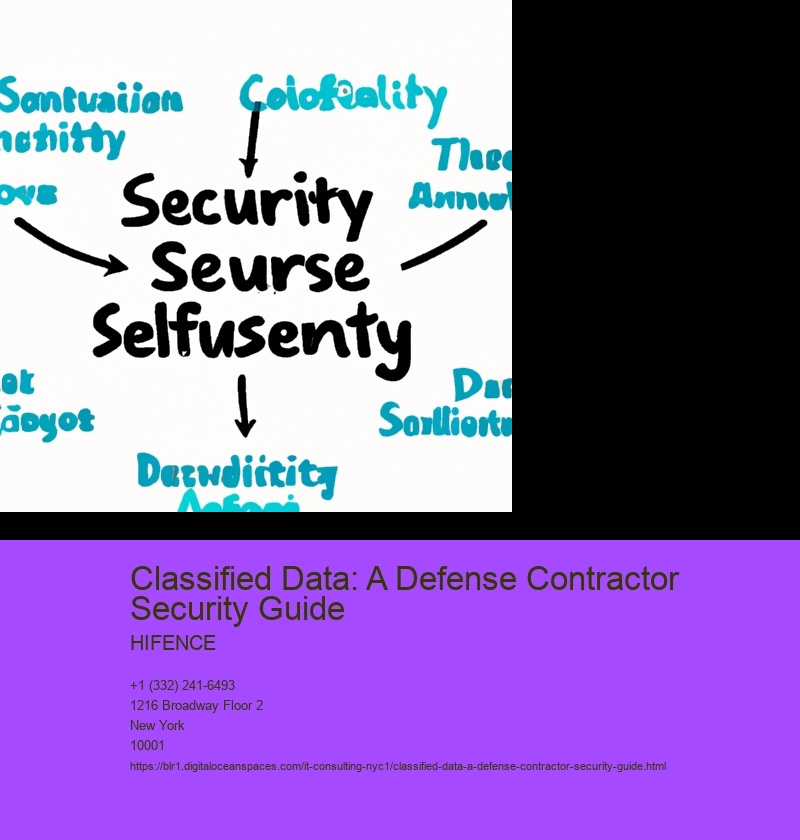Classified Data: A Defense Contractor Security Guide
managed services new york city
Okay, lets talk about classified data in the world of defense contractors. Data Encryption: The Foundation of Defense Security . Its a topic thats both incredibly important and, lets be honest, a little intimidating. Were not just talking about keeping secrets; were talking about national security, protecting sensitive technologies, and safeguarding lives.
Classified Data: A Defense Contractor Security Guide - managed service new york
So, what exactly is classified data? Well, in the context of a defense contractor, its any information that the U.S. government (or sometimes a foreign government) has determined requires protection against unauthorized disclosure. Think blueprints for advanced weapons systems, intelligence reports, cybersecurity strategies, or even details about troop deployments. (Basically, anything that could be used by an adversary to harm our interests!)

Classified Data: A Defense Contractor Security Guide - managed service new york
- managed services new york city
The classification levels – Top Secret, Secret, and Confidential – arent just labels; they represent the degree of potential damage that could result from unauthorized disclosure. managed it security services provider Top Secret is the big leagues, meaning that its compromise could cause exceptionally grave damage to national security. managed service new york Secret is serious, potentially causing serious damage. managed it security services provider And Confidential, while still needing protection, has the potential to cause damage. (Understanding these levels is step one in taking the job seriously.)

Now, as a defense contractor, youre not just handling this data; youre responsible for protecting it. That means following strict security protocols mandated by the government. These protocols cover everything from how the data is stored (think secure facilities, encrypted hard drives, and multi-factor authentication) to who has access to it (need-to-know basis is the name of the game). (Its not just about locking the doors; its about building layers of security.)

There are also rules about how you discuss classified information. Casual conversations in public places? Forget about it. Unsecured emails? Absolutely not.
Classified Data: A Defense Contractor Security Guide - check
- managed it security services provider
- managed services new york city
- managed service new york
- managed it security services provider
- managed services new york city
- managed service new york
- managed it security services provider
- managed services new york city
The government conducts regular security audits of defense contractors to ensure compliance with these regulations. Failure to comply can result in serious consequences, including fines, loss of contracts, and even criminal charges. (Its not a game; its a legal and ethical obligation!)
Beyond the regulations, theres a crucial element of personal responsibility. Each individual working with classified data needs to understand their role in protecting it.
Classified Data: A Defense Contractor Security Guide - managed it security services provider
- managed service new york
- managed it security services provider
- check
- managed service new york
- managed it security services provider
- check
- managed service new york
- managed it security services provider
- check
In short, working with classified data is a privilege and a responsibility. It requires a commitment to security, a thorough understanding of regulations, and a strong sense of personal ethics. Its a demanding job, but its also a vital one. Protecting classified information helps keep our nation safe and secure!
